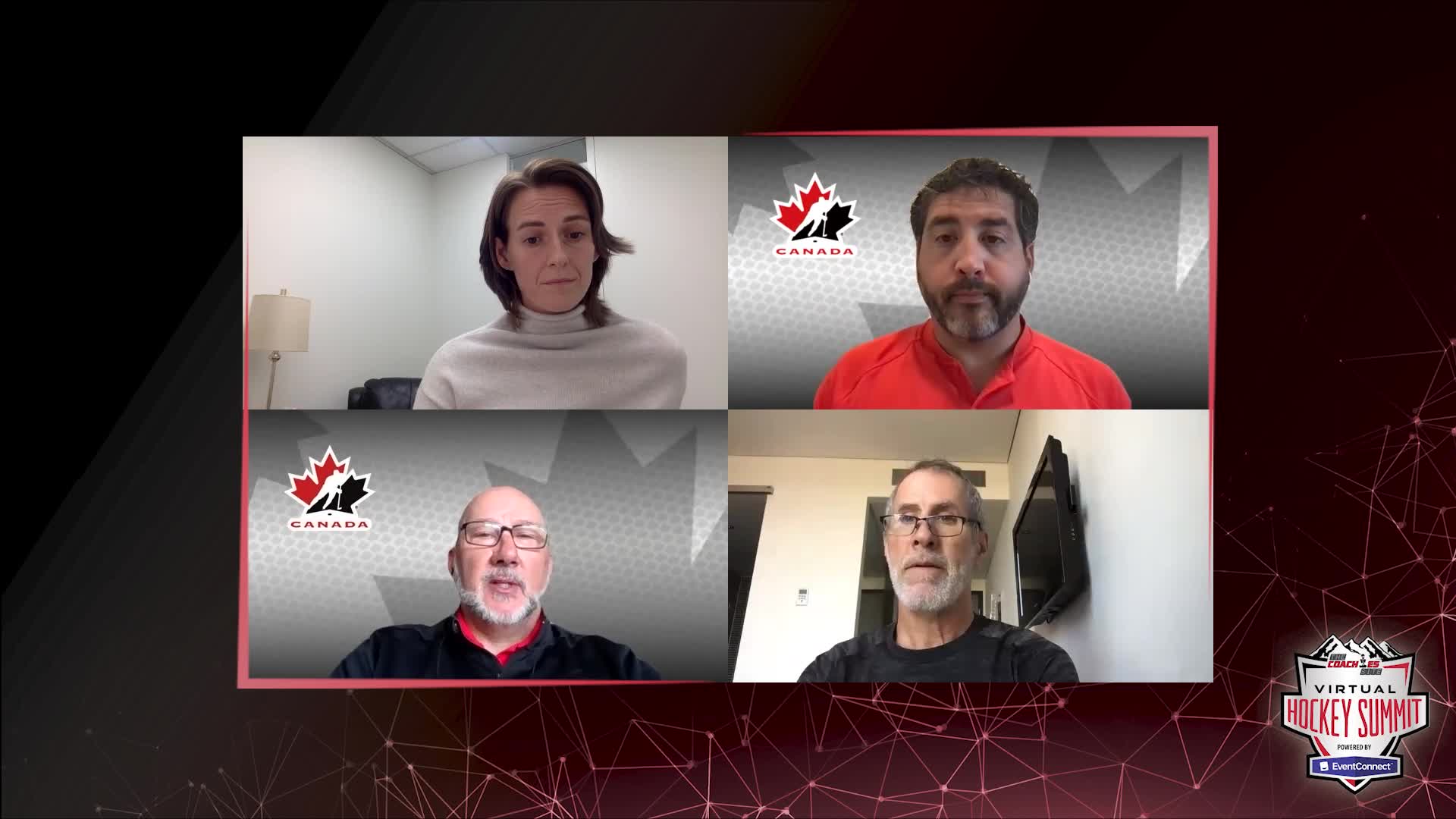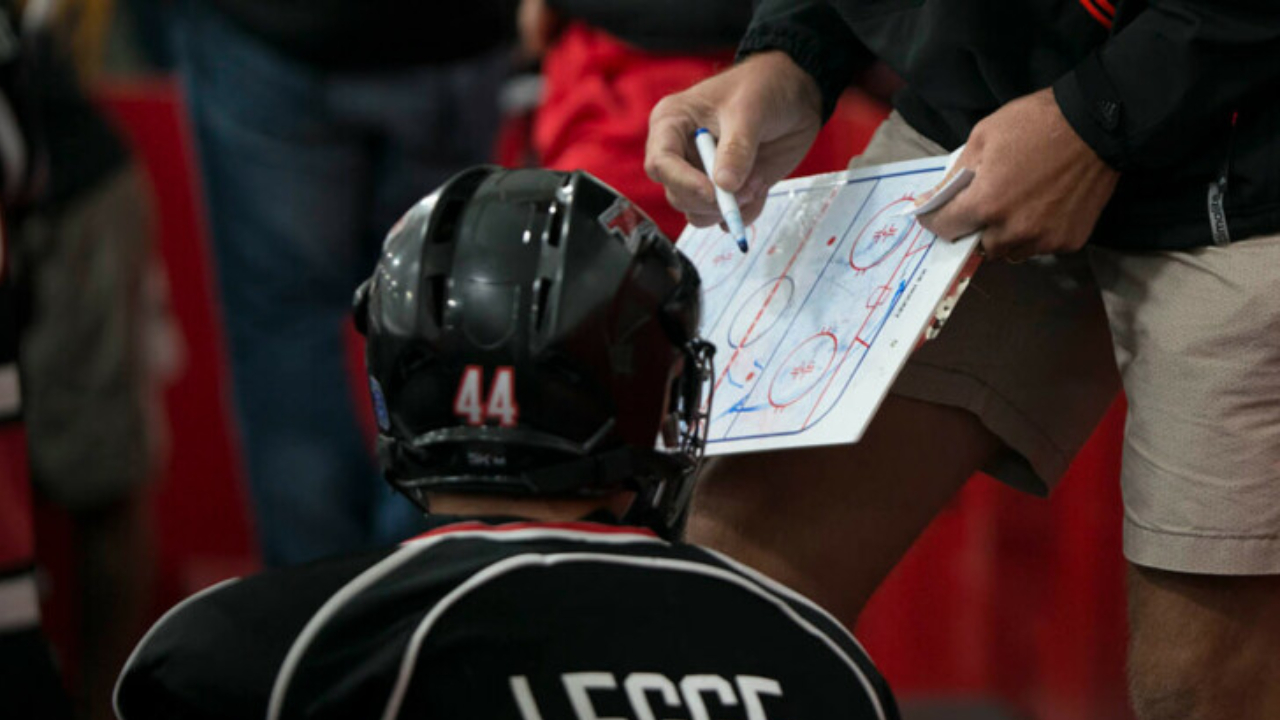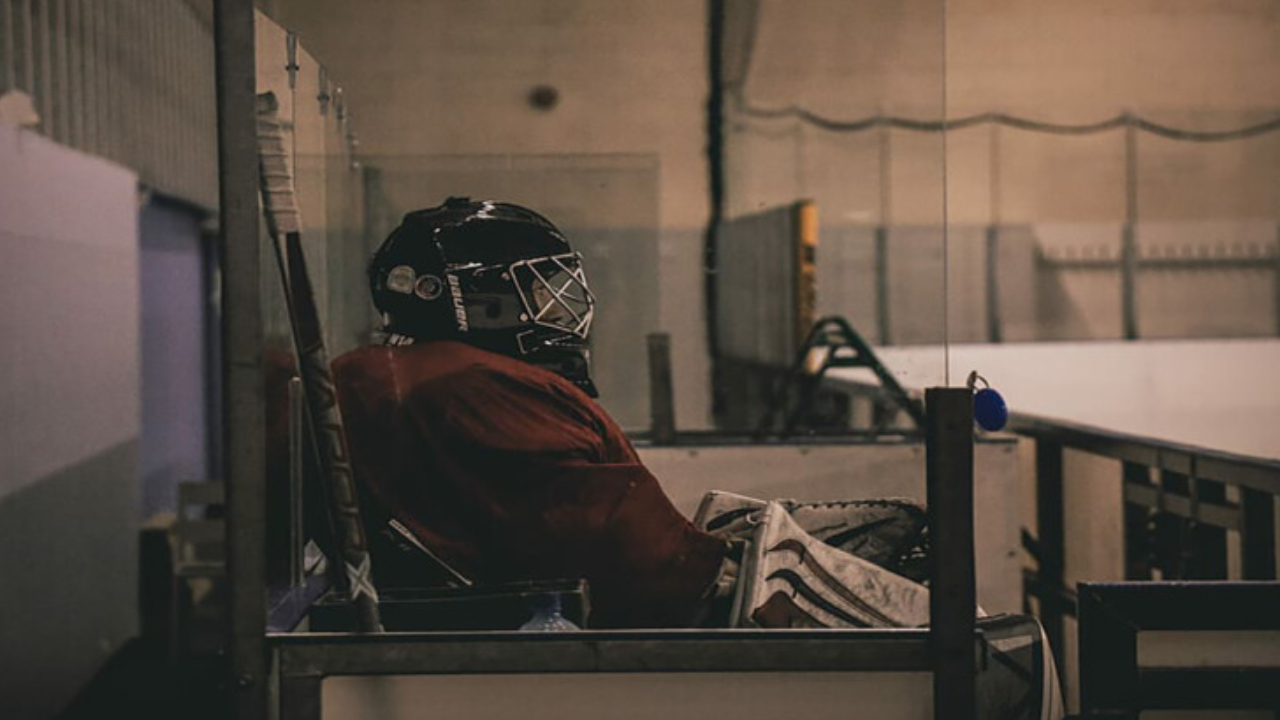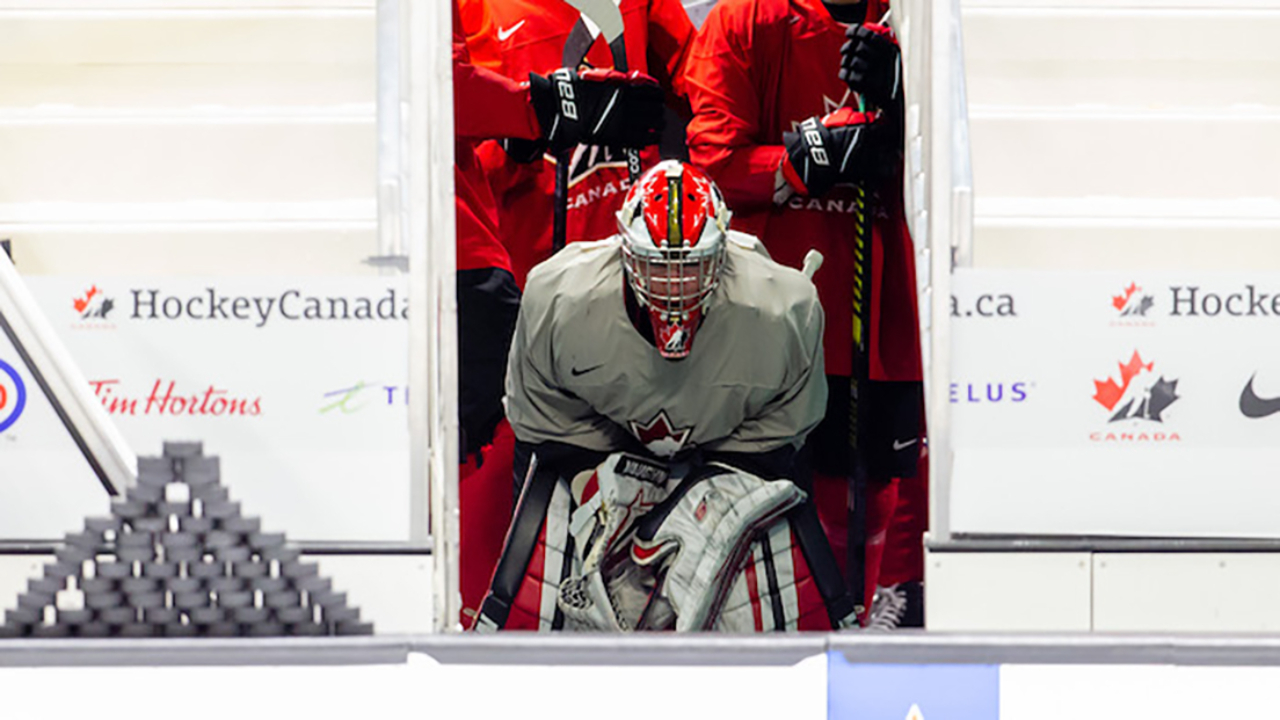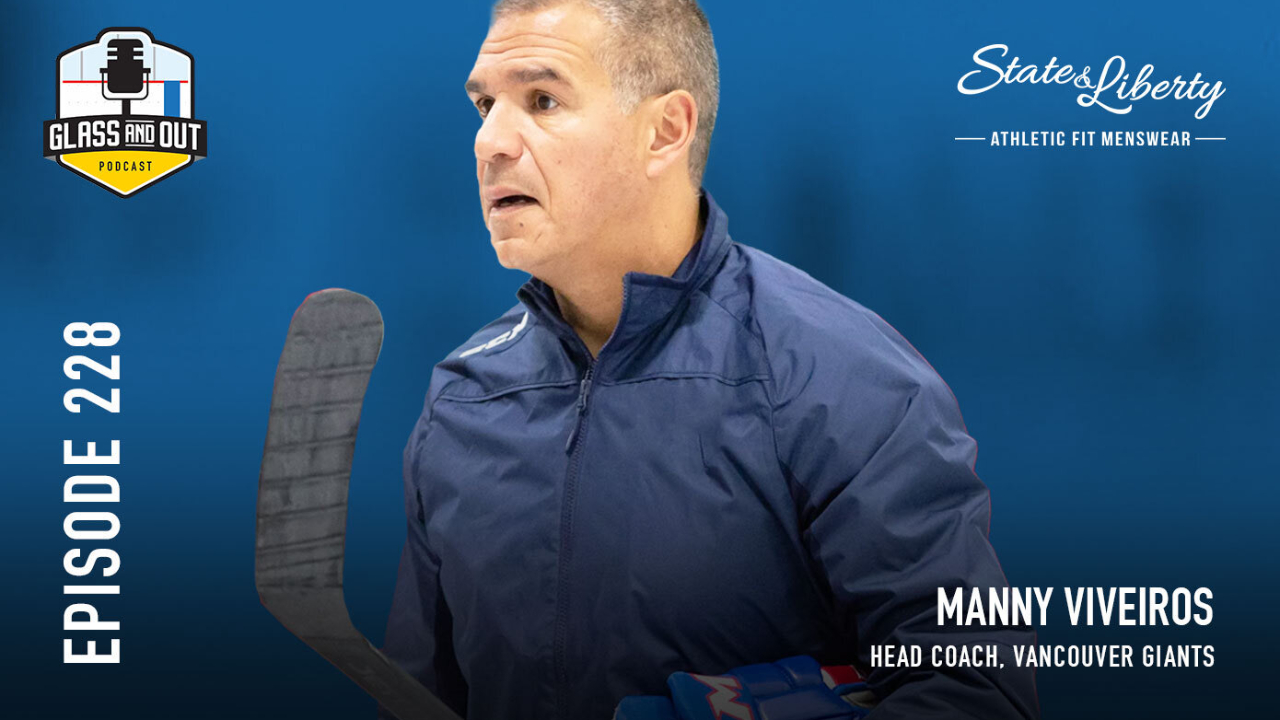
You’re a coach who understands the importance of addressing athlete mental health, but what do you DO about it?
ou’re a coach who understands the importance of addressing athlete mental health, but what do you DO about it? HONE invited 16 coaches to sit in on Zoom meetings for one-on-one discussions about the practicalities of supporting their teams. Below is a summary of the discussion during those sessions.
After nearly 10 years of working with athletes, HONE founders, Jessica Renney & Paula McQuaid, have accumulated a lot of statistics, anecdotes and best practices for coaches to benefit from.
Our founders recently co-hosted our first “Zoom Chats” where we invited real life coaches to participate and ask the important questions on their minds in regards to their athlete’s mental health.
What we learned in those information-packed sessions about the questions sport leaders currently hold on the topic was valuable and we wanted to share our answers outwardly in case you too ever held these questions in your mind. Some common themes came forward:
- What are the mental health “drills” coaches can implement for their athletes?
- How can coaches influence the larger community around the athletes to get on board with mental health strategies? (administration, parents, etc.)
- What should coaches do in those rare but serious cases where there is a very real and urgent mental health problem that needs immediate attention?
1. What Are The Mental Health “Drills” Coaches Can Implement For Their Athletes?
The most-often asked questions boiled down to: “Ok, I know that athlete mental health is important but how do I bring this into practice?” We love this question because it’s to the point and actionable. (Our coach community loves a good “How To” guide!) Furthermore, thinking about it in terms of “drills” is an excellent way to frame the topic; just like physical conditioning, we can implement repetitive activities to sharpen their mental health processing skills too.
The most direct route to better mental health and our top suggestion is make it a point of discussion on a very regular basis. Simply by speaking about it frequently, your athletes will come to understand that mental health is a priority for this team and that they are safe to discuss it here. The drill is just having them take time to notice what they are feeling and the impact those feelings are having on them. Once you recognize what’s going on, you have a starting point for addressing it. If never addressed, those suppressed feelings could fester into a much bigger issue down the road.
You might be thinking, “Great, but what do I SAY to them?” We advise coaches to HONE in on the key stressors that we know commonly show up and disrupt athletes’ ability to perform: fatigue, criticism, relationships, time constraints, pressure and disconnection.
You can use our “Look – Notice – Listen” process to work through the discussion:
- LOOK for signs of these stressors within your team.
- Use “I NOTICE” statements to address what you’re seeing. (Ie: “I notice you all are moving a bit slower today. What are you feeling out there?”
- Then LISTEN for their feedback. We’re sometimes quick to assume we know what’s going on in the background, but assumptions can be incorrect. Resist the urge to tell them what they are feeling and invite them to share in their own words.
2. How Can Coaches Influence The Larger Community Around The Athletes To Get On Board With Mental Health Strategies?
We have the utmost empathy for the difficulties in getting the proper attention paid to the need for mental health support in sport. As a company, this is our primary focus: educating people as to why mental health matters for athletes and the benefits to be had by bringing attention to it.
Having the wider stakeholders (administration, parents, etc) bought in will help your mental health efforts stick and grow to bear results.
So what do you say to your community to get them on board with your work to integrate mental health?
Drive home the simple fact that the body is nothing without the mind. When an athlete is struggling with their well-being, they simply cannot show up at their best physically. While “pushing through” can be an ok strategy in a short term or acute issue like a bad day at school, it’s not enough when there’s a more chronic issue at play. In fact, using a strategy of “leaving it off the field/ice” in the face of a larger challenge will ultimately make things worse as they don’t learn to face and diffuse that which is conflicting them.
HOWEVER, as was discussed with our select group of coaches, sometimes you just won’t get the buy in that you are looking for. Sport has been conducted in a certain way for decades upon decades and there is still a contingent of people subscribing to “old school coaching.”
Keep doing what you know to be right. Engage with your athletes and, as the results become apparent through performance and happy, healthy athletes, you’ll notice the push back disappears. Be what you know your athletes need. The rest will take care of itself.
3. What Should Coaches Do In Those Rare But Serious Cases Where There Is A Very Real And Urgent Mental Health Problem That Needs Immediate Attention?
In one impassioned share, a participant described a scenario where the mental health issue was more serious than the typical run-of-the mill confidence or pressure challenge. A coach who you witness as being abusive. Or a player that comes forward and admits they are in a precarious place and feel at risk to themselves.
What SHOULD a coach do when the situation is more dire?
First, does your league have a reporting mechanism or referral protocol in place? It is always best to follow their recommended steps if they’ve been forward-thinking enough to have one ready. Taking the situation out of the shadows and in front of the next level of organizational leadership or mental health professionals is your first important step.
Second, remember that you do not need to know how to fix anything. As the steps through the proper channels unfold, keep doing what you are doing on a daily basis when it comes to the team’s well-being. Simply keep supporting and demonstrating that they are in a safe place that cares. The professionals will help the individuals navigate any crisis moment at hand.
What Else Can You Do To Help?
Keep up the regular practice of the “drills” shared above and keep talking widely about the need for mental health inclusion in the development work. Share the wins you’re achieving as you work to integrate both sides of your athletes; body and mind. The evidence of the benefits will become undeniable. You will spark intrigue among your colleagues simply by “being the change” and the movement toward better mental health in sport will grow.
The best part of our Zoom Chat sessions were the varied but deep questions submitted by our participants. It is clear that we’re reached a new phase in sport where leadership is recognizing the benefits of engaging the mental/emotional along with the physical in order to improve performance and athlete experience. The next frontier for sport is well-being and we’re excited to have the coach community eagerly participating in shaping that new future.

